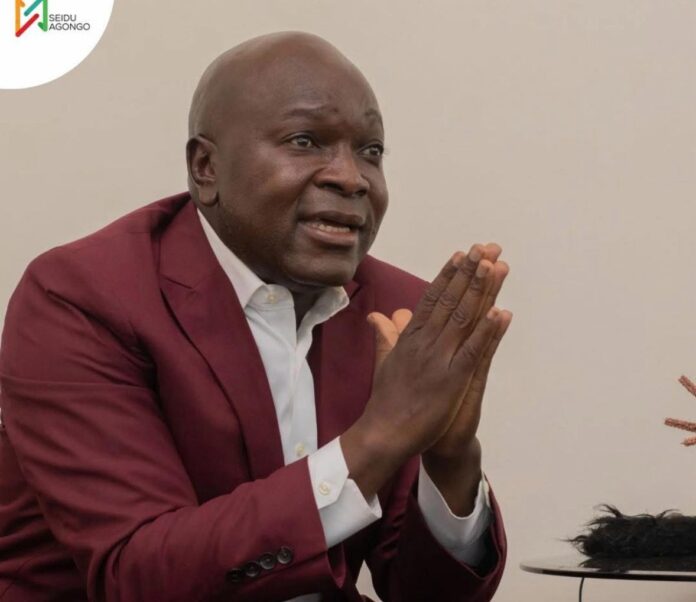Ghana is still reeling from the tragic helicopter crash that claimed the lives of two ministers and six others last Wednesday. As flags fly at half-mast and tributes pour in, a deeper question lingers: what becomes of the families—especially the children—once the mourning fades?
Beyond the shock and sorrow lies a call for sustainable support for the children, spouses, and dependents now facing life without their loved ones.
This is not the first time a national tragedy has left families in limbo. Earlier in March 2024, Deputy Finance Minister John Kumah passed away, leaving behind his wife and six children. Now, the families of Dr Edward Omane Boamah, Dr Ibrahim Murtala Muhammed, and six other victims—Dr Muniru Mohammed Limuna, Dr Samuel Sarpong, Samuel Aboagye, Squadron Leader Peter Bafemi Anala, Flying Officer Twum Ampadu, and Sergeant Ernest Addo Mensah—face similar uncertainty.
These are not just names on a list; they were fathers, husbands, breadwinners, and mentors. Their sudden absence has created lifelong emotional and financial voids that cannot be filled by condolences alone.
Pattern of Forgotten Families
History has shown how quickly society’s attention shifts away from the families of those who served our nation. The widow of the late Deputy Finance Minister John Kumah recently opened up about the deep disappointments her family has experienced since his passing: “People we thought would be there — the way they turned their backs on us. The lies, the deceptions.”
Perhaps no case illustrates this abandonment more tragically than that of Captain Maxwell Adam Mahama, who was lynched in May 2017, leaving behind a wife and two children. While his family received a trust fund, the broader question remains: Are such isolated gestures enough?
Cruel Reality of Fair-Weather Support
The truth is that many who were close to these leaders often vanish when their source of benefit is gone. State funerals are organised, promises are made, but as months pass, the families are often left to struggle alone.
Sustainable Support Systems
As we mourn, we must commit to doing better. Support must go beyond the ceremonial period. This includes:
-
Educational support – Scholarships and trusts for children.
-
Economic empowerment – Skills training and business support for surviving spouses.
-
Psychological care – Counselling and trauma recovery services.
-
Long-term financial security – Pensions and insurance.
A National Framework
We need a national policy for the welfare of all public servants who die in service—not just high-profile cases. Every police officer, soldier, teacher, healthcare worker, or civil servant who dies leaves behind people depending on them.
Collective Responsibility
The families of Dr Omane Boamah, Dr Murtala, and the other victims are watching to see if we will be different this time. We must not allow them to be forgotten.
The time for action is now. Tomorrow may be too late. This is not charity—it is our moral obligation and a measure of our collective character.
Source: Alhaji Seidu Agongo
The author is a businessman and philanthropist committed to social justice and community development.
ALSO READ:


